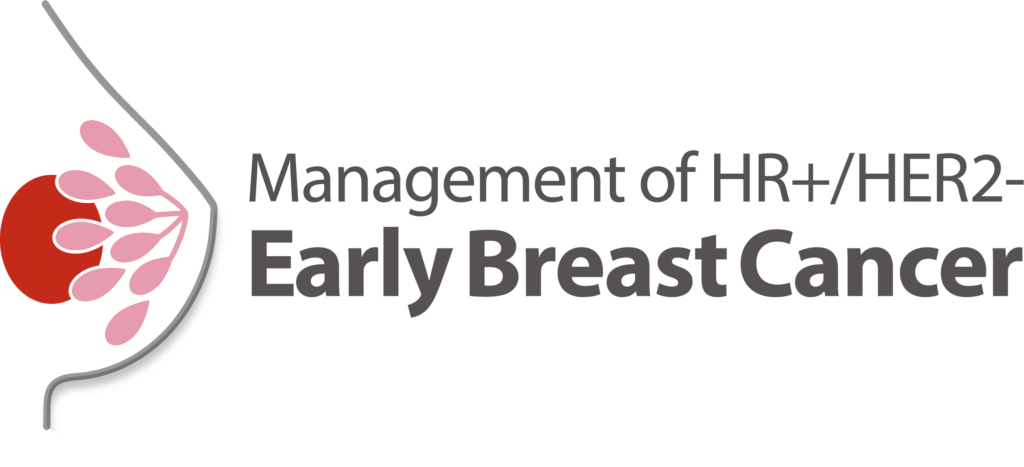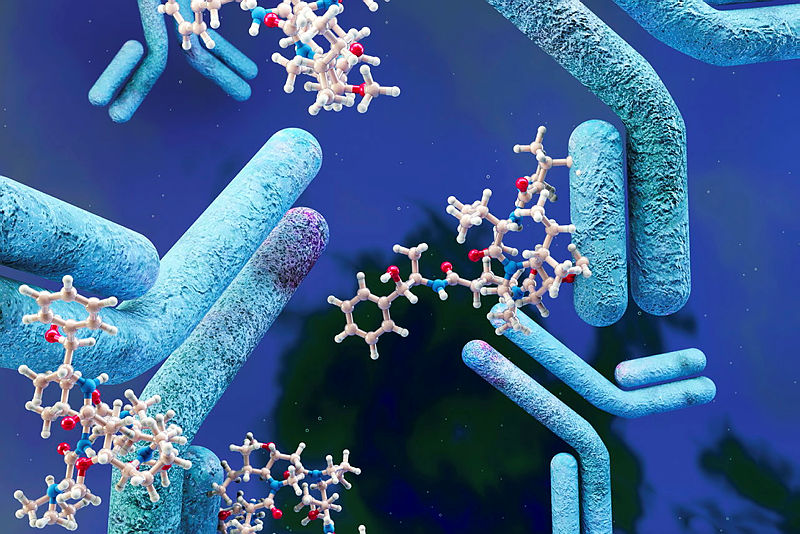medwireNews: A single dose of patritumab deruxtecan (HER3-DXd) elicits a “clinically meaningful” response in previously untreated patients with hormone receptor (HR)-positive, HER2-negative early breast cancer, the SOLTI TOT-HER3 investigators have found.
As reported at the ESMO Breast Cancer Congress 2022 in Berlin, Germany, the overall response rate by clinical assessment was 45%, with complete responses in 23% and partial responses in 23%.
The treatment also “induced the expression of immune-related genes and suppressed the expression of proliferation genes,” presenting author Aleix Prat (Hospital Clinic of Barcelona, Spain) told the conference delegates.
He explained that the HER3-directed antibody–drug conjugate was investigated in the translational SOLTI TOT-HER3 study that enrolled 77 women (56% pre- and 44% postmenopausal) aged an average of 53 years who had not received prior treatment for HR-positive, HER2-negative disease. Participants had high (n=21), medium (n=21), low (n=21), or ultralow (n=14) baseline levels of HER3 messenger (m)RNA, and high (n=50), low (n=10), negative (n=1), or unevaluable (n=16) levels of HER3 protein.
Following intravenous administration of one dose of HER3-DXd 6.4 mg/kg, there was a significant increase in the primary endpoint of the CelTIL score, which is a biomarker based on tumor cellularity and stromal tumor-infiltrating lymphocytes. Specifically, the mean difference between the score on day 21 of cycle 1 and the baseline score was 6.8 points.
Prat highlighted that there was no difference in the change in CelTIL score by either baseline levels of HER3 mRNA or HER3 protein.
But there was a difference by clinical response at day 21 as evaluated in 62 participants, such that the post-treatment increase in CelTIL score was greater among the 28 patients with a response to HER3-DXd than the 34 without a response. The respective mean differences from baseline were a significant 15.2 and a nonsignificant 2.9 points.
The presenter also reported on a gene expression analysis looking at 67 genes, which showed that immune-related genes, such as CD68, CD4, and PDCD1, were overexpressed at day 21 relative to baseline, whereas proliferation and cell cycle-related genes, such as MELK and CCNB1, were downregulated.
He added that “[t]he safety profile was consistent with that previously reported for the drug.”
Grade 3 or worse treatment-emergent adverse events occurred in 14% of patients, with decreases in neutrophil counts and increases in alanine aminotransferase levels the most common events of this severity, at rates of 8% and 3%, respectively.
There were no cases of interstitial lung disease during the course of the study and no deaths related to adverse events.
In conclusion, Prat noted that the upcoming SOLTI-VALENTINE trial “will evaluate HER3-DXd alone or in combination with endocrine therapy as neoadjuvant treatment in hormone receptor-positive, HER2-negative disease.”
medwireNews is an independent medical news service provided by Springer Healthcare Ltd. © 2022 Springer Healthcare Ltd, part of the Springer Nature Group
ESMO Breast Cancer Congress 2022; Berlin, Germany: 3–5 May
Author: Shreeya Nanda

